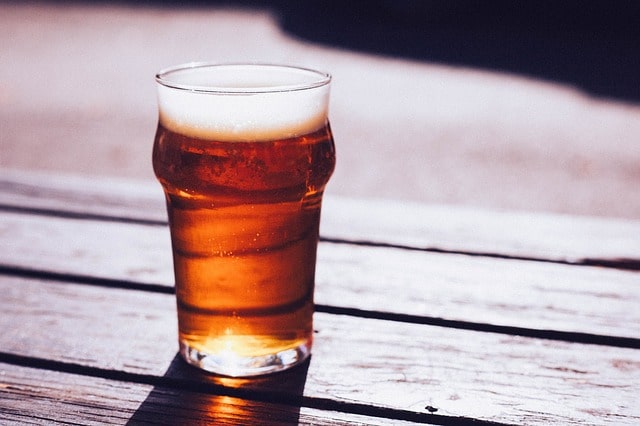
Being physically disabled – a label I generally avoid – there are any number of activities I am no longer able to carry out. One such set of activities includes spring cleaning and decorating.
My most recent bout of spring cleaning and decorating took place thanks almost entirely to the presence in my life of good friends. After my living room was made to feel homely for the first time in years, we reflected on how we came to know each other. The answer, it seemed, was the local pub.
The local pub was where many of us had first met. Not in an independent pub – which I am known to favour – but in a nearby Hungry Horse. That was many years ago now but it had led, in time, to a gathering of good friends getting together to help out.
I wondered later, how much of the fabric of our community is thanks to the presence of pubs? How much richer is my life thanks to the presence of good locals?
Community hubs
Pubs, for the main part, act as community hubs in a way nothing else really does. In an increasingly digital age, pubs are perhaps more important than they have ever been. Not just as places to get a drink but as places to mix face-to-face with other human beings.

Three years ago a report found that a typical rural pub injects £100,000 into the local community. I don’t have figures for areas like Thanet but I imagine that there is a similar level of value. Not just in jobs but in community too.
In areas such as Cliftonville where it is so easy to see communities that have become isolated or fragmented, social engagement and integration are needed more than ever. A service pubs of all kinds typically provide. The British pub fosters social engagement and helps kick-start integration among local residents and newcomers.
The alternative seems too dark to even consider.
Closed pubs
Yet an increasingly common sight in Thanet is the closed pub. Where I live there are at least three closed pubs within walking distance – for me, that is not very far at all. I cannot help but worry that each closed pub could represent something lost forever. How much of our community cohesion is lost when too many pubs close?
I say that not just as someone who has frequently used pubs as venues for events such as Thanet Creative Writers meetings and Thanet’s Writers’ Groups but as someone who wants to see the area prosper.
A possible answer
One possible answer might be community owned pubs. A report by the Plunkett Foundation, which was published earlier this year, says that locally owned pubs find success and are prospering where private enterprise has previously failed.
While pubs are naturally community hubs anyway, the creation of community owned pubs bring people together of different backgrounds while giving them a reason to interact.
How many opportunities outside of this exist that let you meet your neighbours, that draw out isolated young parents, give teenagers looking for something to do valuable work and life experience, and let the retired find opportunity to remain active? Not many.
I, for one, would wholeheartedly back the creation of a community pub in any of the sadly derelict locations near me.

